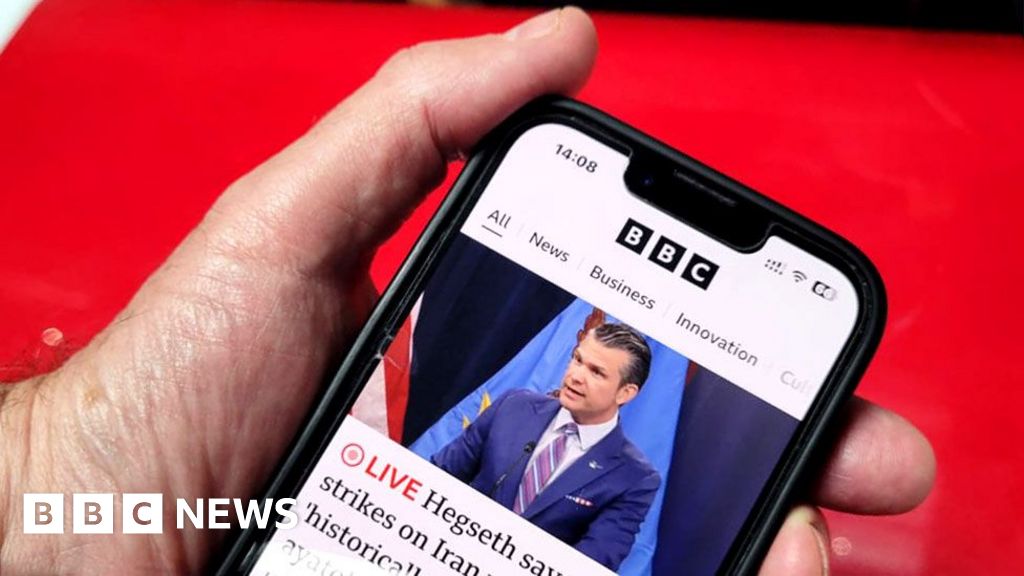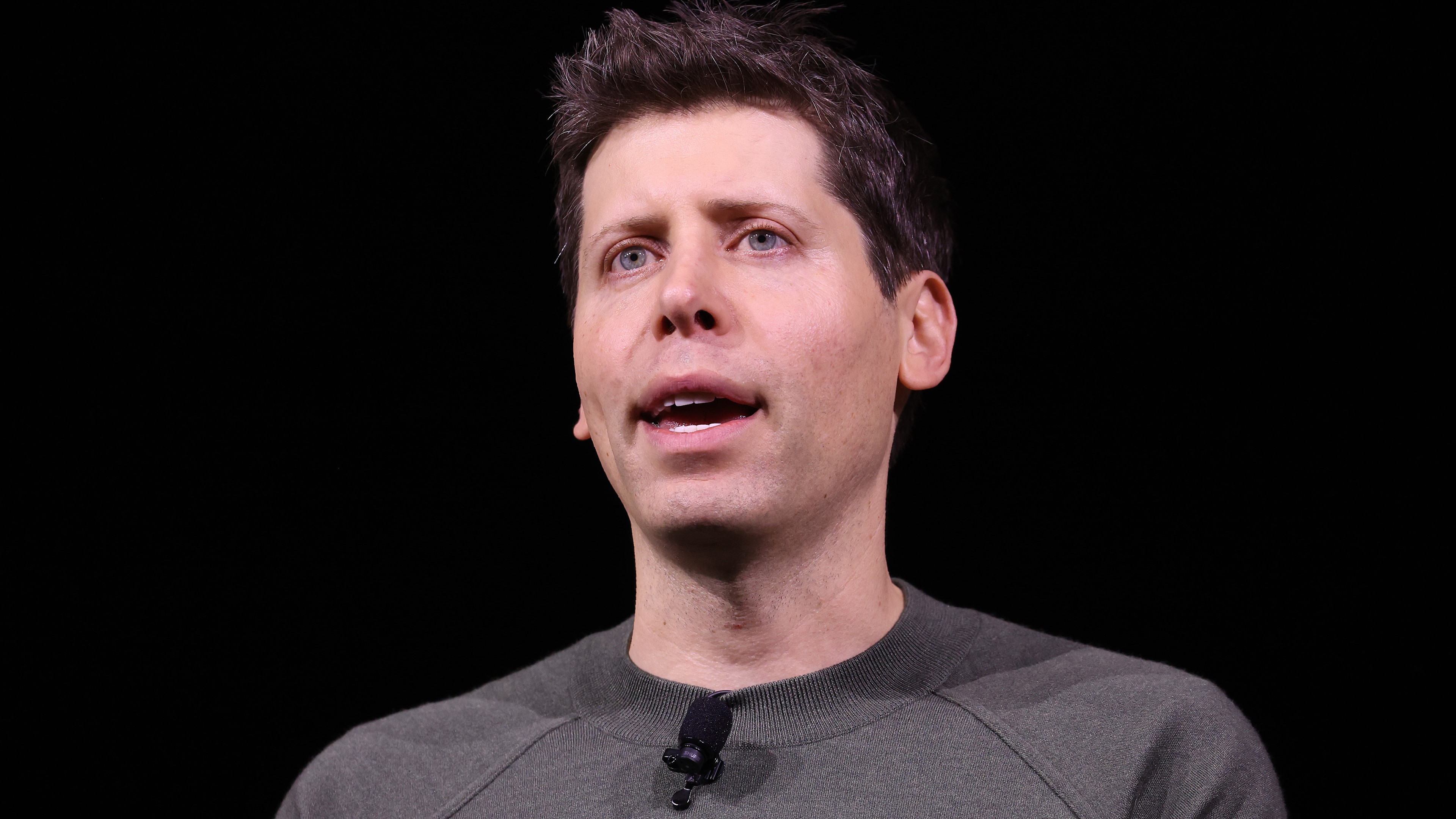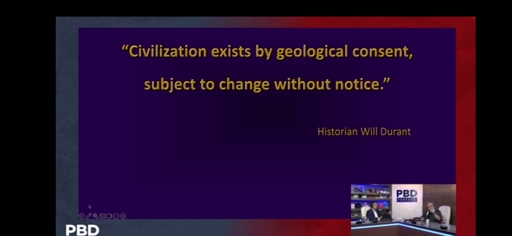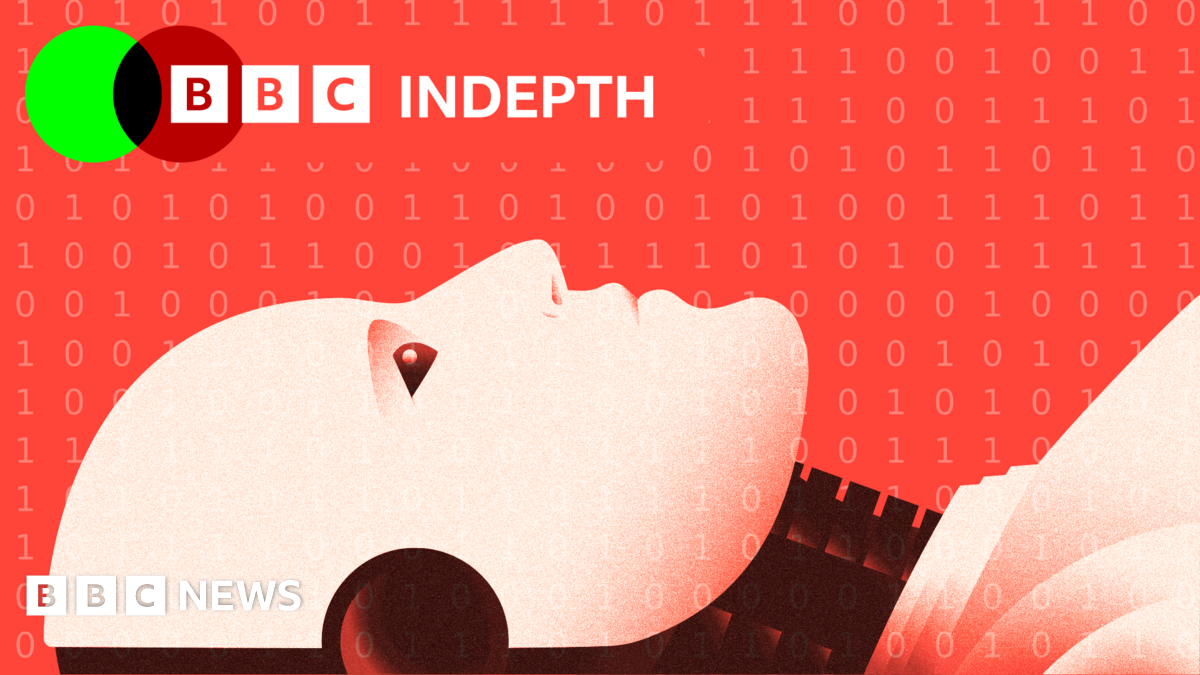BBC gains rare access to the Congolese mine powering mobile phones
-
This post did not contain any content.

DR Congo's M23 conflict: Rebels give BBC rare access to a mine powering mobile phones
The US wants rights to DR Congo's minerals, but one vital mine is still in rebel hands.

(www.bbc.com)
-
This post did not contain any content.

DR Congo's M23 conflict: Rebels give BBC rare access to a mine powering mobile phones
The US wants rights to DR Congo's minerals, but one vital mine is still in rebel hands.

(www.bbc.com)
Too bad access to BBC is rare now.
They went hardcore paywall.
-
Too bad access to BBC is rare now.
They went hardcore paywall.
Worked fine in Aus? Ill paste it-
M23 rebels in eastern Democratic Republic of Congo recently allowed the BBC to visit a huge mining site under their control which is vital to the production of the world's mobile phones - and over its vast expanse not one person was idle.
Thousands of miners dotted the landscape covered with pits and tunnels.
Some were deep underground digging up ore with shovels, others then hoisted sacks of the extracted rock containing coltan, which is used to make many electronic devices, on to their shoulders. They then took it to assembly points where others washed and filtered it with spades and by hand.
"We usually have more than 10,000 or more people working here daily," Patrice Musafiri, who has supervised the Rubaya mining site since the rebels took control of it in April last year, told the BBC.
When we are deep in the mines, temperatures are very high - digging the mineral is also very hard"
It is tricky terrain to navigate - our team needed the aid of walking sticks, as well as Mr Musafiri's guidance, to stop us falling - yet for most of the men it is the only life they have known. It may be onerous and dangerous, but it allows them to make a small living.
"When we are deep in the mines, temperatures are very high - digging the mineral is also very hard... plus there can be other harmful gases," mineworker Peter Osiasi told the BBC.
"Sometimes cold air is pumped inside so that we can continue working," he said.
But the young man said he was grateful that since he began mining five years ago, he has been able to save a little money for a dowry and is now married with children.
"My life has really changed. Mining has really helped me."
The swathe of golden scarred earth they mine is found in the sprawling, lush Masisi Hills of North Kivu province - around 60km (37 miles) north-west of the city of Goma - and holds 15% of the world's coltan supply and half of the DR Congo's total deposits.
Little wonder that global investors have their eyes on this area.
It has provided immense wealth over the years to the various armed groups that have overseen it at different times, including the army.
Hassan Lali / BBC Overhead shot of mining activities at Rubaya mine where the terrain is hilly - slightly terraced. The bare earth is a light brown, some of it has a darker more orange shade. Many groups of miners can be seen from a distance cleaning ore. One corrugated metal shack can be seen. In the distance are green fields.Hassan Lali / BBC
The Rubaya mine supervisor said no armed men were allowed at the vast siteWe arrived at the mine, which is around 10km outside Rubaya town, several days after a ceasefire deal was signed in Washington by DR Congo and Rwanda as part of the peace process aimed at ending three decades of instability in the region.
The roots of the insecurity in the east of DR Congo are notoriously complicated.
There is an ethnic dimension, with many rebel groups operating here - including an ethnic Hutu militia linked to the Rwandan genocide of 1994, which Kigali believes has Congolese backing.
What's the fighting in DR Congo all about? Ceasefire deal still faces many challenges The evidence that shows Rwanda is backing rebels in DR CongoIn Washington both sides committed on 27 June to disarm and disengage their alleged proxies (despite denying having any).
The M23 was not party to the deal. Mainly led by ethnic Tutsis, it controls large parts of eastern DR Congo - and since January has taken control of Goma, the city of Bukavu and two airports. Rwanda has been accused by many — including the UN — of backing the M23. However, the authorities there deny sending military or financial aid.
The US's involvement in the process seems to hinge on getting access to DR Congo's mineral resources - though nothing has so far been specified.
"We're getting for the United States, a lot of the mineral rights from the [DR] Congo," said US President Donald Trump ahead of the signing.
Hassan Lali / BBC Muddy workers are seen on a slope at Rubaya mine in DR Congo. One in green wellingtons, black jeans and T-shirt looks at the camera, another in a similar outfit is seen from the back as he walks with a sack on his shoulders. A group of women are seen a little further down the slope near some big basins and jerry cans.Hassan Lali / BBC
Some women work at Rubaya mine site selling food and water to the minersDuring our brief visit - we were allowed access for around 45 minutes - there was no hint that the chain of command was about to change.
The supervisor, appointed by the M23, was keen to explain how the set-up at Rubaya had been reorganised over the last year and how the rebel group had brought security to allow miners to work without fear - specifying that no armed men were allowed on the site.
"We have already solved so many issues," Mr Musafiri said.
"Presently we have a mining department that regulates and monitors safety issues and also resolves internal disputes within the mines. If a tunnel becomes dangerous, people are told to leave to avoid accidents.
"People from different groups come here to mine daily and others to buy the minerals and now we have a huge market in Goma where they can resell what they buy here."
Hassan Lali / BBC A group of five miners, wearing wellingtons, work at station cleaning the rocks brought up to the surface. They are standing next to a pool of orange, brown water used in the process. Behind them can be seen the Masisi Hill.Hassan Lali / BBC
The coltan ore must be washed ready for the buyers who trade it on - and eventually tantalum will be extracted from this for use in electronic devicesIn December, a UN experts' report detailed how the M23 makes hundreds of thousands of dollars each month from taxing coltan, much of it was sent directly to Rwanda - allegations both the M23 and Kigali deny.
Surrounded by his colleagues wearing jeans, sweaters and wellington boots, all of whom buy permits to work at the site, Mr Osiasi agreed that conditions were better.
"Business is going on very well here because we have at least some semblance of peace, but the pay is very low. We are paid very little money," the miner said.
Trump's second term coincided with the M23's seizure of much of North Kivu and South Kivu provinces and the humiliating retreat of the Congolese army.
Political analyst Akramm Tumsifu says DR Congo decided to use its rich mineral reserves as a bargaining chip to get US assistance - for months it had sought military support.
With a tentative peace process under way, the Congolese authorities' great hope, he told the BBC, was that American firms would be in a position to make "massive investments" in its mining sector, which is currently dominated by Chinese companies.
US companies are reportedly already looking to cash in on the opportunity to invest in Rubaya's mining sector.
Any foreign investor can come here, as long as they come with development for our people and increase daily wages for the miners"
The Rubaya supervisor told us investment would be welcomed, but only initiatives aimed at boosting the local economy - with jobs, schools and hospitals - would be allowed.
"Any foreign investor can come here, as long as they come with development for our people and increase daily wages for the miners," Mr Musafiri said.
Despite the country's colossal natural endowments, most mining communities have little infrastructure, without even accessible roads to the mines where the wealth is scooped from the ground.
Mr Tumsifu reckons the presence of American investors could also act as a "caution against fighting or a resurgence of other armed groups".
But it is not yet clear how or with whom an investor would do business given the M23 is still very much in control in the east.
A parallel mediation effort led by Qatar - which involves direct talks between the armed groups and the Congolese government - may yield more clarity in the coming months.
The M23, which is part of the broader Congo River Alliance, said the Washington-backed deal had fallen short of addressing the causes of the long conflict. It maintains it took up arms to protect the rights of the minority Tutsi group in DR Congo.
While the belligerents try and hammer out their preferred pathways to peace, local people at the Rubaya mine, like elsewhere in eastern DR Congo, only hope for a definitive end to the fighting and bloodshed which has seen hundreds of thousands of people flee their homes.
"My appeal to fellow young men and our leaders is to keep and maintain peace in our area," said Mr Osiasi.
As he prepared to go back to hours of more digging, he added: "I also appeal to the owners of the mines to increase our pay because it's very little."
-
Worked fine in Aus? Ill paste it-
M23 rebels in eastern Democratic Republic of Congo recently allowed the BBC to visit a huge mining site under their control which is vital to the production of the world's mobile phones - and over its vast expanse not one person was idle.
Thousands of miners dotted the landscape covered with pits and tunnels.
Some were deep underground digging up ore with shovels, others then hoisted sacks of the extracted rock containing coltan, which is used to make many electronic devices, on to their shoulders. They then took it to assembly points where others washed and filtered it with spades and by hand.
"We usually have more than 10,000 or more people working here daily," Patrice Musafiri, who has supervised the Rubaya mining site since the rebels took control of it in April last year, told the BBC.
When we are deep in the mines, temperatures are very high - digging the mineral is also very hard"
It is tricky terrain to navigate - our team needed the aid of walking sticks, as well as Mr Musafiri's guidance, to stop us falling - yet for most of the men it is the only life they have known. It may be onerous and dangerous, but it allows them to make a small living.
"When we are deep in the mines, temperatures are very high - digging the mineral is also very hard... plus there can be other harmful gases," mineworker Peter Osiasi told the BBC.
"Sometimes cold air is pumped inside so that we can continue working," he said.
But the young man said he was grateful that since he began mining five years ago, he has been able to save a little money for a dowry and is now married with children.
"My life has really changed. Mining has really helped me."
The swathe of golden scarred earth they mine is found in the sprawling, lush Masisi Hills of North Kivu province - around 60km (37 miles) north-west of the city of Goma - and holds 15% of the world's coltan supply and half of the DR Congo's total deposits.
Little wonder that global investors have their eyes on this area.
It has provided immense wealth over the years to the various armed groups that have overseen it at different times, including the army.
Hassan Lali / BBC Overhead shot of mining activities at Rubaya mine where the terrain is hilly - slightly terraced. The bare earth is a light brown, some of it has a darker more orange shade. Many groups of miners can be seen from a distance cleaning ore. One corrugated metal shack can be seen. In the distance are green fields.Hassan Lali / BBC
The Rubaya mine supervisor said no armed men were allowed at the vast siteWe arrived at the mine, which is around 10km outside Rubaya town, several days after a ceasefire deal was signed in Washington by DR Congo and Rwanda as part of the peace process aimed at ending three decades of instability in the region.
The roots of the insecurity in the east of DR Congo are notoriously complicated.
There is an ethnic dimension, with many rebel groups operating here - including an ethnic Hutu militia linked to the Rwandan genocide of 1994, which Kigali believes has Congolese backing.
What's the fighting in DR Congo all about? Ceasefire deal still faces many challenges The evidence that shows Rwanda is backing rebels in DR CongoIn Washington both sides committed on 27 June to disarm and disengage their alleged proxies (despite denying having any).
The M23 was not party to the deal. Mainly led by ethnic Tutsis, it controls large parts of eastern DR Congo - and since January has taken control of Goma, the city of Bukavu and two airports. Rwanda has been accused by many — including the UN — of backing the M23. However, the authorities there deny sending military or financial aid.
The US's involvement in the process seems to hinge on getting access to DR Congo's mineral resources - though nothing has so far been specified.
"We're getting for the United States, a lot of the mineral rights from the [DR] Congo," said US President Donald Trump ahead of the signing.
Hassan Lali / BBC Muddy workers are seen on a slope at Rubaya mine in DR Congo. One in green wellingtons, black jeans and T-shirt looks at the camera, another in a similar outfit is seen from the back as he walks with a sack on his shoulders. A group of women are seen a little further down the slope near some big basins and jerry cans.Hassan Lali / BBC
Some women work at Rubaya mine site selling food and water to the minersDuring our brief visit - we were allowed access for around 45 minutes - there was no hint that the chain of command was about to change.
The supervisor, appointed by the M23, was keen to explain how the set-up at Rubaya had been reorganised over the last year and how the rebel group had brought security to allow miners to work without fear - specifying that no armed men were allowed on the site.
"We have already solved so many issues," Mr Musafiri said.
"Presently we have a mining department that regulates and monitors safety issues and also resolves internal disputes within the mines. If a tunnel becomes dangerous, people are told to leave to avoid accidents.
"People from different groups come here to mine daily and others to buy the minerals and now we have a huge market in Goma where they can resell what they buy here."
Hassan Lali / BBC A group of five miners, wearing wellingtons, work at station cleaning the rocks brought up to the surface. They are standing next to a pool of orange, brown water used in the process. Behind them can be seen the Masisi Hill.Hassan Lali / BBC
The coltan ore must be washed ready for the buyers who trade it on - and eventually tantalum will be extracted from this for use in electronic devicesIn December, a UN experts' report detailed how the M23 makes hundreds of thousands of dollars each month from taxing coltan, much of it was sent directly to Rwanda - allegations both the M23 and Kigali deny.
Surrounded by his colleagues wearing jeans, sweaters and wellington boots, all of whom buy permits to work at the site, Mr Osiasi agreed that conditions were better.
"Business is going on very well here because we have at least some semblance of peace, but the pay is very low. We are paid very little money," the miner said.
Trump's second term coincided with the M23's seizure of much of North Kivu and South Kivu provinces and the humiliating retreat of the Congolese army.
Political analyst Akramm Tumsifu says DR Congo decided to use its rich mineral reserves as a bargaining chip to get US assistance - for months it had sought military support.
With a tentative peace process under way, the Congolese authorities' great hope, he told the BBC, was that American firms would be in a position to make "massive investments" in its mining sector, which is currently dominated by Chinese companies.
US companies are reportedly already looking to cash in on the opportunity to invest in Rubaya's mining sector.
Any foreign investor can come here, as long as they come with development for our people and increase daily wages for the miners"
The Rubaya supervisor told us investment would be welcomed, but only initiatives aimed at boosting the local economy - with jobs, schools and hospitals - would be allowed.
"Any foreign investor can come here, as long as they come with development for our people and increase daily wages for the miners," Mr Musafiri said.
Despite the country's colossal natural endowments, most mining communities have little infrastructure, without even accessible roads to the mines where the wealth is scooped from the ground.
Mr Tumsifu reckons the presence of American investors could also act as a "caution against fighting or a resurgence of other armed groups".
But it is not yet clear how or with whom an investor would do business given the M23 is still very much in control in the east.
A parallel mediation effort led by Qatar - which involves direct talks between the armed groups and the Congolese government - may yield more clarity in the coming months.
The M23, which is part of the broader Congo River Alliance, said the Washington-backed deal had fallen short of addressing the causes of the long conflict. It maintains it took up arms to protect the rights of the minority Tutsi group in DR Congo.
While the belligerents try and hammer out their preferred pathways to peace, local people at the Rubaya mine, like elsewhere in eastern DR Congo, only hope for a definitive end to the fighting and bloodshed which has seen hundreds of thousands of people flee their homes.
"My appeal to fellow young men and our leaders is to keep and maintain peace in our area," said Mr Osiasi.
As he prepared to go back to hours of more digging, he added: "I also appeal to the owners of the mines to increase our pay because it's very little."
Thanks that's interesting. Thought they paywalled everyone but GB
-
This post did not contain any content.

DR Congo's M23 conflict: Rebels give BBC rare access to a mine powering mobile phones
The US wants rights to DR Congo's minerals, but one vital mine is still in rebel hands.

(www.bbc.com)
An archived version, for anyone having access difficulties:
https://web.archive.org/web/20250713020638/https://www.bbc.com/news/articles/cyvj986l615o -
Thanks that's interesting. Thought they paywalled everyone but GB
just the US.
downvotes for truth, ok lemmy.

BBC website in US launches paid subscription service
US-based users will have to pay $49.99 (£36) a year for access to most BBC News content.

(www.bbc.com)
-
just the US.
downvotes for truth, ok lemmy.

BBC website in US launches paid subscription service
US-based users will have to pay $49.99 (£36) a year for access to most BBC News content.

(www.bbc.com)
Got hit with paywall and cookies! Lol
Can’t blame BBC for POTUS tariffs.Upvoted for sharing.
-
This post did not contain any content.

DR Congo's M23 conflict: Rebels give BBC rare access to a mine powering mobile phones
The US wants rights to DR Congo's minerals, but one vital mine is still in rebel hands.

(www.bbc.com)
In propaganda, the main thing is not to confuse militants with insurgents.






